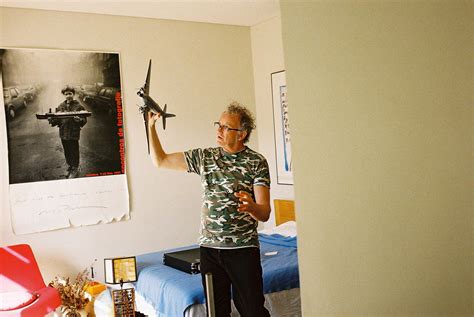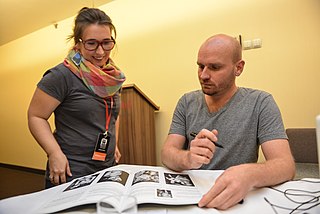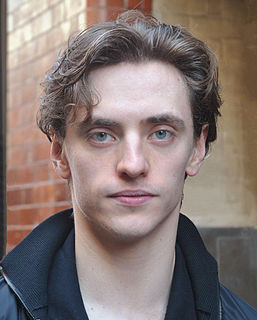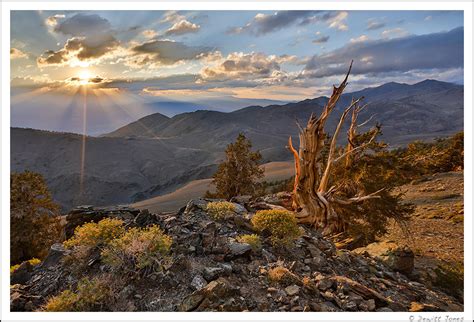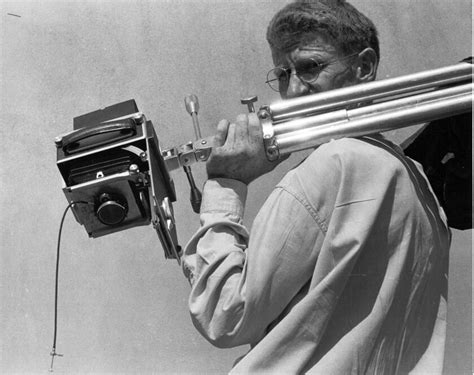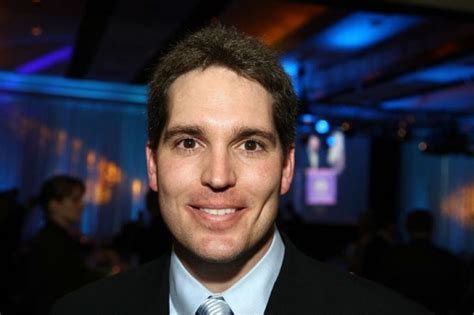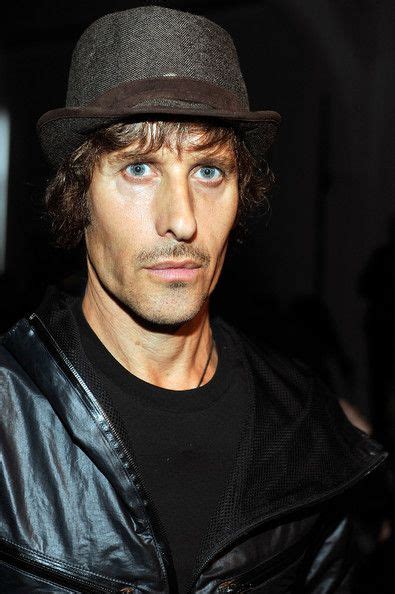A Quote by Max Pam
[My photography teacher] gave me the Mexican Day Books of Edward Weston and just blew me away with this work. The fact that you could be this fabulous visual artist, with all this milieu of people like Diego Rivera and you could sleep with these gorgeous, amazing women, that you could live that life - that photography could deliver you that life.
Related Quotes
A work can do many things at once, and it doesn't have to be just about the world, it could also be about photography, it could be about perception, it could be an exploration of the medium. It could be a document, it could be a visual poetry, and it could be a formal exploration all at the same time.
I was always interested in drawing and painting. I enrolled in college to study painting. But I didn't have any livelihood when I graduated. My mother died very young, and I didn't have any home, so I had to find a way to earn a living. It seemed to me that photography - to the great disappointment, I have to say, of my painting teacher - could offer that. So I went and did a degree in photography, and then after that I could go out and get paid for work. For portraits, things like that.
I can appreciate the idea that with e-books more people would publish, the work would be easier to disseminate, and that it could even be interactive. Being a lover of photography, I especially like the idea that you could include lots of pictures - full-color pictures - with your writing. That to me is exciting! We'll all have to stay tuned to see what develops.
I left film because I felt that photography was my art. It was something I could do on my own, whereas film was so collaborative. I thought as a photographer I could make something that was artistic and that was mine, and I liked that. And it wasn't until I got back into film and I have very small crews and I could do very tiny filmmaking that wasn't 100 people that I still felt that I was making something artistic as a filmmaker. So, you know, I'm an artist, and whether it's photography or film, I want my voice to be there and I think my voice is very strong in this film.
I tried to do everything I could to study Walt Disney. I would read every book I could on the company, and then I found out more about him as a person, as an entrepreneur, and it was just fascinating to me that this guy was able to live a great life with his family but also do these amazing things at work.
